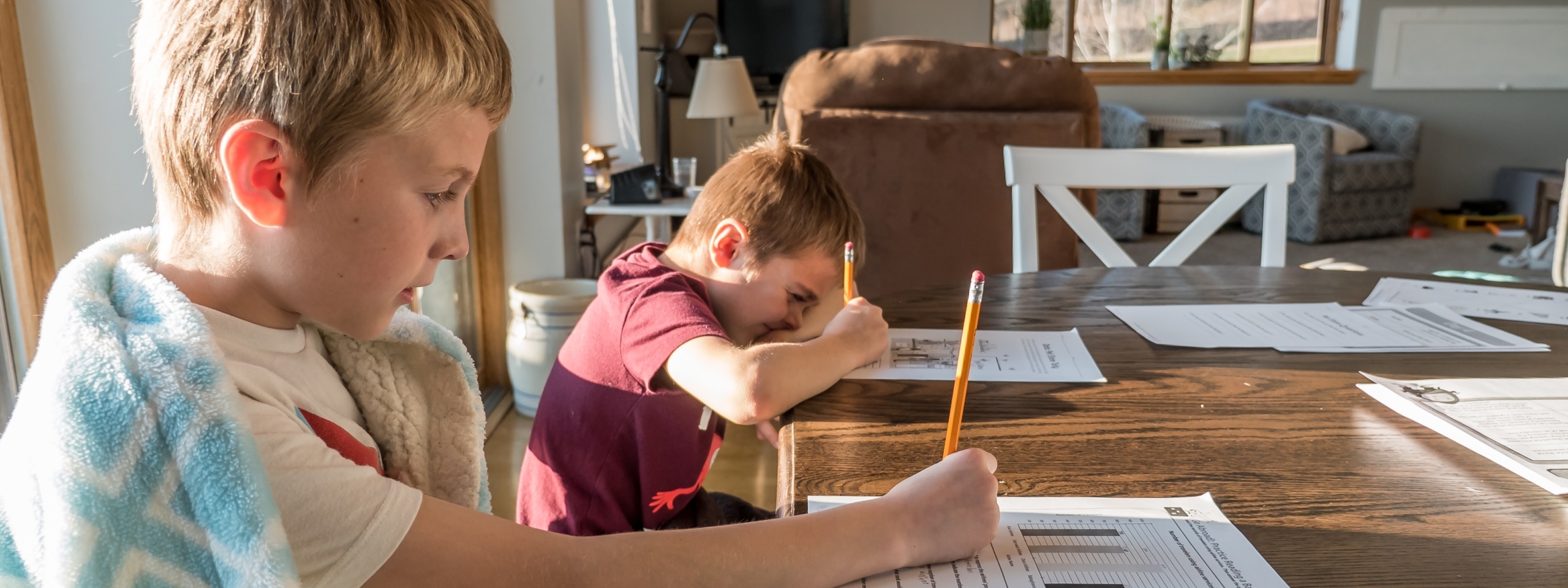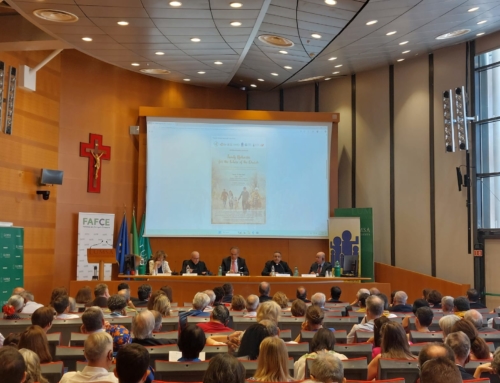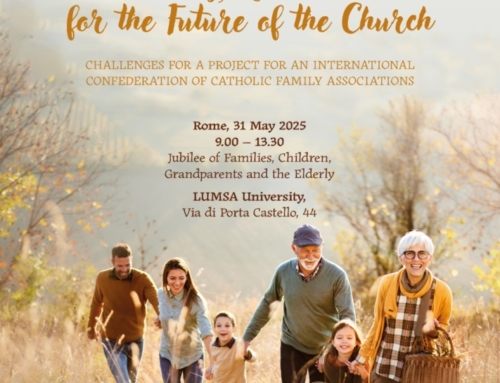9 December 2021,
On November 11th, the European Parliament adopted a Resolution on “The European Education Area: a shared holistic approach”, providing several guidelines to tackle the educational challenges in Europe since the start of the pandemic.
FAFCE welcomes the formal recognition by the European Parliament of the role of parents in the education of their children:
[The European Parliament]
“8. Appreciates the Commission’s efforts to foster an EEA, while noting the need for a more holistic approach which requires meaningful cooperation and coordination between all actors and a diverse range of stakeholders, including the education and training community, parents’ associations, social partners, trade unions, youth organisations, youth workers and civil society;”
“14. […] highlights the need for teachers to support and be supported by parents given their complementary roles in the education of children; recalls that training courses should also take into account the multicultural and multilingual environments in which teachers and educators work;”
“45. […] stresses that the governance framework should involve all relevant stakeholders working in all areas of learning, including youth workers and youth organisations as well as parents’ associations;”
Our Federation has been reminding for decades of the primary role of parents in the education of their children, as internationally enshrined by Article 18 of the UN Convention on the Rights of the Child (1989), and of the duty of States to respect the parents’ religious and moral beliefs when it comes to the education of their children.
FAFCE also welcomes the emphasis given to the role of parents’ and family associations. Associations of families act as networks of support for families, who often feel alone in their educational responsibility. Earlier this year, FAFCE organised jointly with UNAEC-Europe a Webinar on “Family and Education: Seeds of Hope”, which stressed the complementary role of families and schools to create an peaceful environnement of „co-education“.









